BIBS Symposium 2023
The Hopkins Centre’s 7th annual Better Ideas Bold Solutions symposium was held at the Translational Research Institute, Brisbane, on Thursday 30th November 2023.
The Hopkins Centre's 7th annual Bold Ideas Better Solutions symposium (BIBS23) was held on Thursday 30 November, 2023.
The participation of nearly 200 esteemed presenters, collaborators, lived-experience experts and engaged delegates contributed to a very successful hybrid symposium! The diverse community of clinicians, researchers, service users, consumers, and industry partners collectively enriched discussions and presentations centring around the theme of 'Personalised Rehabilitation and Supports.'
The day-long symposium focused on fostering collaborative research, interdisciplinary exchange, and innovative solutions for the disability and rehabilitation sector. Presentations on a wide range of topics highlighted the value of collaborative efforts to enhance the health and wellbeing of individuals with long-term and complex rehabilitation needs, as well as their support networks.
We heard a stimulating keynote address from Associate Professor Grahame Simpson, viewed Poster Displays showcasing research endeavours from across the Centre, enjoyed a lively panel discussion on the topic of Care and Support Transitions, and heard from over 20 speakers on an array of interdisciplinary research. Among other aspects of the day's proceedings, the symposium exemplified our commitment to showcasing, connecting, and sharing new ideas that will shape the future of the disability and rehabilitation sector. The Meet & Mingle Networking Event that followed the symposium provided a delightful opportunity to celebrate the year's successes and foster connections among Hopkins Centre members, supporters, Ambassadors, and collaborators.
For those who missed out on the live event, please visit the the Symposium Resources page.
Please click below to view and download the Symposium Program.
Research Awards
.jpg)
Click here to view all the 2023 Award recipients from this year's Research Awards.
Poster Displays
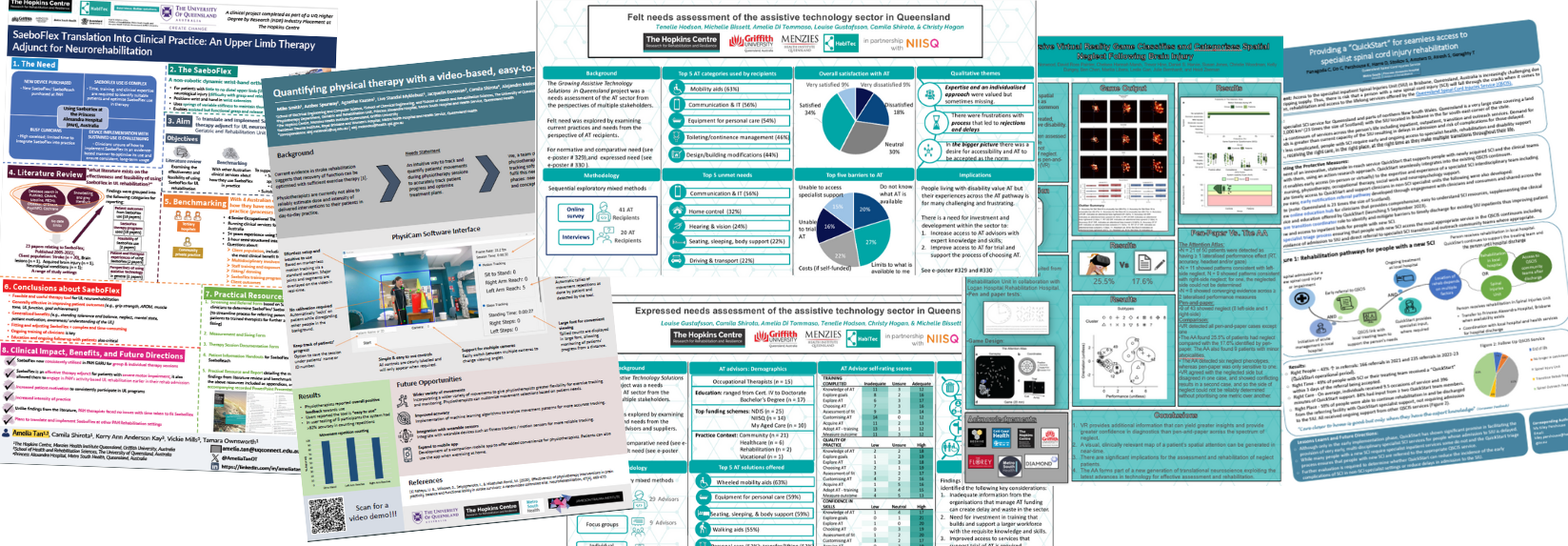
![]() Electronic versions of posters displayed during #BIBS23 can be found here.
Electronic versions of posters displayed during #BIBS23 can be found here.
Speakers
Please see below the BIBS2023 speakers, including Keynote Speaker, Associate Professor, Grahame Simpson.
.png)
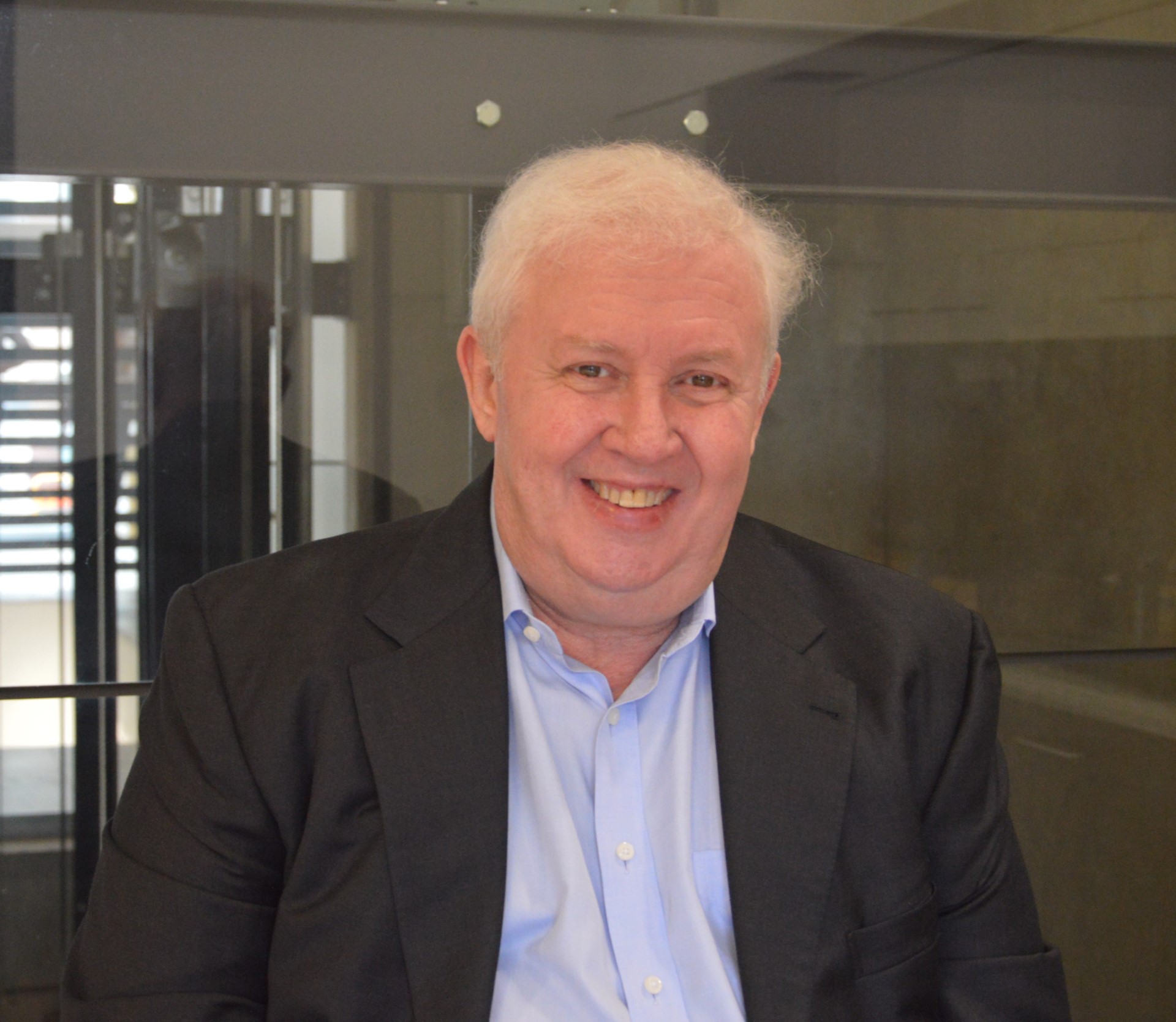 |
Associate Professor Grahame Simpson
Adjunct Professor, Menzies Health Institute, Griffith University; Associate Professor, Kolling Institute, Faculty of Medicine and Health, University of Sydney; Leader of the Brain Injury Rehabilitation Research Stream, John Walsh Centre for Rehabilitation Research; and Director, Brain Injury Rehabilitation Research Group, Ingham Institute for Applied Medical Research, Liverpool, Sydney Australia.
The research group specialises in clinical, psychometric, intervention and translational research. He has dual professional qualifications as an accredited social worker and registered psychologist.
With more than 30 years’ experience as a clinician and researcher at the Liverpool Hospital Brain Injury Rehabilitation Unit, Grahame’s research interests focus around positive adjustment to acquired brain injury, with a focus on intervention research in the areas of mental health/suicide prevention, sexual health, employment, prosocial behaviour, assistive technology and family resilience. He has over 134 publications including books, chapters and articles in peer review journals, and lifetime research funding of more than $19 million dollars. He is current Co-Editor of Brain Impairment, official journal of the Australasian Society for the Study of Brain Impairment; Editorial Board member, Journal of Head Trauma Rehabilitation; and co-founder of the International Network of Social Workers in Acquired Brain Injury. |
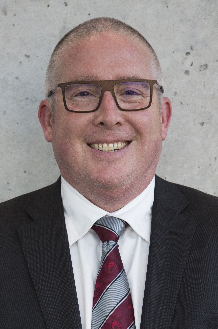 |
Prof. Tim Geraghty |
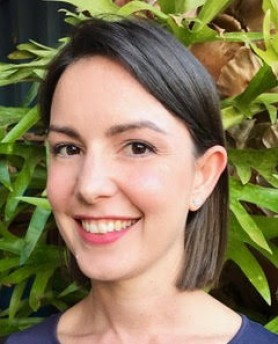 |
Dr. Annerley Bates
Dr Annerley Bates is an Advanced Social Work Clinician and Team Leader at the Brain Injury Rehabilitation Unit, Princess Alexandra Hospital. Dr Bates has over ten years of experience in specialist brain injury rehabilitation services, where she is committed to supporting people with brain injuries and their families to navigate health systems and services. Dr Bates has also completed a number of evidenced based research projects related to her clinical roles within health, including work focussing on brain injury as a result of violence, the impact of brain injury on families and carers, and the significance of brain injury peer support. |
 |
Dr. Emily Bray
Dr Emily Bray qualified as a social worker after her experience in rehabilitation following a spinal cord injury (SCI) over 10 years ago. Emily’s professional experience spans both clinical and community-based services with the aim of working toward her passion for supporting individuals with disabilities to thrive in life by addressing their health and psychosocial needs. Emily’s research experience follows this same passion, with her PhD focused on supporting young people with SCI transition between paediatric and adult healthcare. Using a participatory action research approach and co-design methods, she worked with young people, their parents and health professionals to co-design the SCI Healthcare Transition website. This website aims to guide and support young people with SCI and their parents/caregivers to understand the transition process, find support services, and identify the skills required to successfully navigate the transition and adult health services. Emily now works as a Research Fellow at the Hopkins Centre and as a social worker with Spinal Cord Injuries Australia (SCIA). |
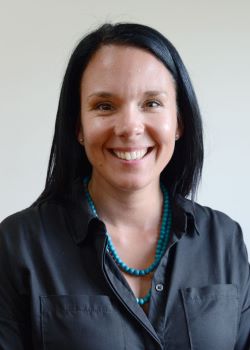 |
Sally Wooler
Sally Wooler is an Advanced Social Worker in the Brain Injury Rehabilitation Service (BIRS). She graduated from Griffith University with a Bachelor of Social Work with Class 1 Honours in 2011 and has worked in BIRS since 2017. Her previous research includes ‘Barriers to engagement in acute and post-acute sexual assault response services: a practice-based scoping review’ and ‘Designing integrative learning on placement: A study of student experiences’. Sally’s areas of interest include supporting families following a loved one’s acquired brain injury (ABI) and building the capacity of private providers in the community to foster positive outcomes for people living with ABI. |
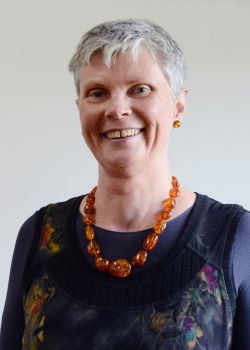 |
Mandy Nielsen
Mandy Nielsen is the Research and Development Officer for the Acquired Brain Injury Transitional Rehabilitation Service (ABITRS) Queensland, Australia. In this role, Dr Nielsen was responsible for the 5-year evaluation of the ABITRS, and has an ongoing role in developing the research capacity and output of the service. Mandy has social work background, with a PhD in the social context of chronic pain. She has also worked as a research academic in the areas of musculoskeletal pain, social work, and consumer participation, and as a lecturer in disability studies. Mandy is an adjunct research fellow with Griffith University (Menzies Institute), Queensland. |
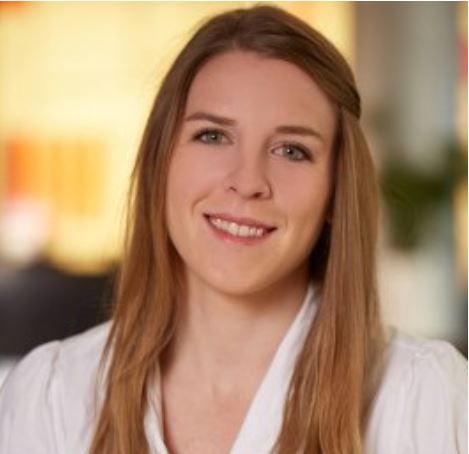 |
Kelsey Chapman
Kelsey Chapman is the Lead Research Fellow for the Dignity Project, Researcher and PhD Candidate at The Hopkins Centre, Griffith Inclusive Futures, MHIQ, Griffith University. She specialises in human rights research, disability research and rights, critical disability theory, and dignity theory. She has extensive experience in ethics, governance, and data management and security as well as supporting fellow researchers in project and research management. She is currently leading The Dignity Project in understanding how people with disability experience social, personal, and systemic dignity. She is also the lead researcher on a new collaboration with the Department of Transport and Main Roads. Kelsey is inspired by the people around her, quietly dedicating themselves to disrupting the societal and attitudinal barriers that limit accessibility, inclusion, and equality for all people. She is also inspired by a commitment to disrupting life and business as usual and working with others to produce meaningful change. |
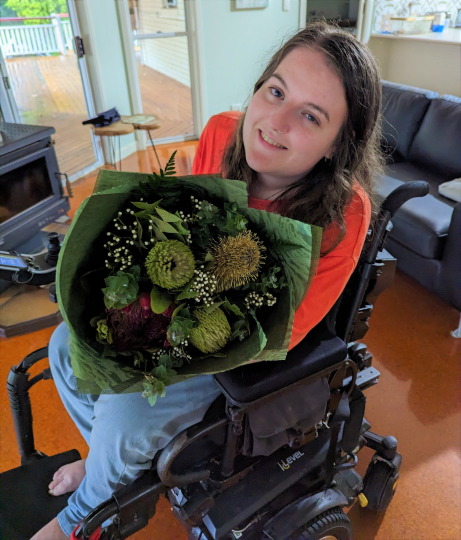 |
Ms Hannah Gawne
|
.jpg) |
Dr Ben Turner
Dr Ben Turner is the Service Manager of the Acquired Brain Injury Outreach Service (ABIOS, Princess Alexandra Hospital, Brisbane). Ben is an Occupational Therapist by background and has extensive clinical, research, and service/project management experience in the field of community-based rehabilitation after ABI. Ben has utilised his clinical and research expertise to contribute to the development of significant service enhancements for brain injury services in Queensland. Ben completed his PhD at the University of Queensland in 2011 in which he examined the experiences and outcomes of individuals with ABI and their family members during the transition from hospital to home. His research interests extend to innovative models of rehabilitation after ABI, including interdisciplinary goal planning, and community-based rehabilitation approaches. In his current role as Service Manager with ABIOS, Ben provides clinical and operational leadership and management to oversee the provision of specialist clinical case management services and community rehabilitation interventions to maximise community re-integration outcomes and quality of life for clients with ABI and their families throughout Queensland. |
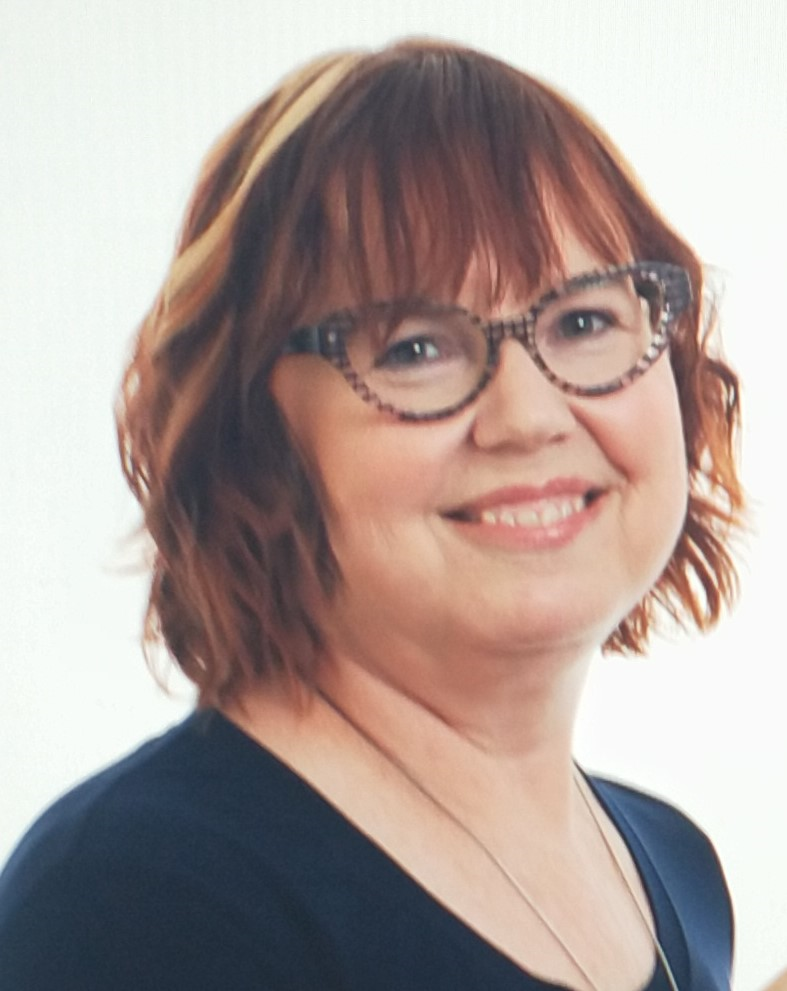 |
Dr. Delena Amsters
Dr Delena Amsters is currently the Senior Research Officer with the Spinal Outreach Team in the Queensland Spinal Cord Injuries Service. She started her career as a rehabilitation physiotherapist and completed a research Masters degree in Physiotherapy. Delena has also had experience in project management, as a member of the development team for spinal cord injury outreach services in Queensland and on the community rehabilitation workforce project.
|
 |
Dr. Jessie Mitchell
Dr Jessie Mitchell is an early career researcher at The Hopkins Centre, Griffith University. With a background in social psychology, Jessie is experienced in using qualitative research methods to support better outcomes for people with disability. Her current research interests include enablers of sustained employment following brain and spinal cord injury, ways to support self-advocacy during transitions in care after brain injury, and approaches to co-designing advanced rehabilitation technologies. |
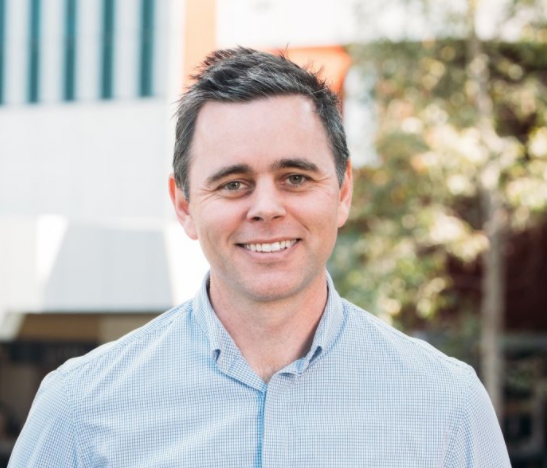 |
Associate Professor David Trembath
David Trembath is Associate Professor in Speech Pathology at Griffith University and Honorary Research Fellow at CliniKids, Telethon Kids Institute. His human rights based research is focused on optimising the learning, participation, and wellbeing of children with neurodevelopmental disability through the delivery of safe, effective, and desirable services and supports. David's research bridges the gap between policy and practice in the provision of early supports to children and families, including within the National Disability Insurance Scheme. In recent times, he has co-led the development of Australia's first 'National Guideline for supporting the learning, participation, and wellbeing of autistic children and their families' as well as the update of the 'National Guideline for assessment and diagnosis of autism in Australia.' David brings to his work over 23 years of experience in clinical, clinical education, and clinical-research academic roles across not-for-profit, government, education, and university services and providers.
|
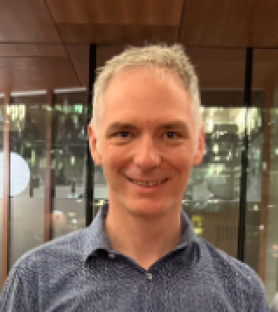 |
Dr Nick Aitcheson
Dr Nicholas Aitcheson is the Acting Director of the Metro South Pain Rehabilitation Centre. He is a Rehabilitation and Pain Specialist with an interest in whole person care, focused on helping people to live their best lives on their own terms. He is a member of the Hopkins Centre Research Engagement Council and is currently researching social prescribing, low dose naltrexone in fibromyalgia, drugs of dependence in pain, and interdisciplinary pain management programmes. He is interested in the interplay of person and environment and the contribution of this bidirectional influence to health. |
 |
Dr. Camila Shirota
Camila Shirota received her Ph.D. degree in Biomedical Engineering from Northwestern University while working at the Rehabilitation Institute of Chicago. During her Ph.D., she investigated able-bodied and above-knee amputee balance recovery from tripping perturbations during walking. She was then a post-doctoral researcher at ETH Zurich, where she was involved in studies using powered exoskeletons to better understand unimpaired walking, and to restore locomotor function in people with spinal cord injury. She was also a researcher at the University of Zurich, where she studied the use of technology to support unsupervised gait training in stroke survivors.
|
 |
Coral Gillett
Coral Gillett is a designer, project manager and researcher, and holds a Master of Design Futures from Griffith and a Bachelor of Built Environment (Interior Design) from QUT. She has 18 years of industry experience across the public, private and not-for-profit sectors, along with experience in academia. Her interest lies at the intersection of built environments and human inhabitation of these spaces: what they mean to us, how they influence our lives and our social interactions, and the opportunities to improve the inclusiveness of these spaces through participatory design processes or the codesign method. |
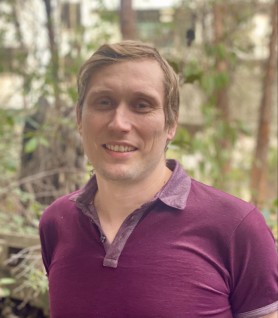 |
Dr. Michael Norwood
Dr Michael Norwood is a Research Fellow who leads the BEEHIVE Lab. He is interested in how environments can support rehabilitation and wellbeing. His current focus is the DIAMOND study, which developed a novel method for assessing for spatial attention bias following stroke using virtual reality. He also has research expertise in effective strategies to support youth with developmental and behavioural difficulties. His PhD focused on how nature might be employed to affect the behavioural, cognitive, and academic outcomes on young people. Specifically, how changing the environment a young person learns and spends time in might affect positive change in their development. He has also been the senior researcher on the Farming 4 Care project, organising and researching equine programs for disenfranchised youth. |
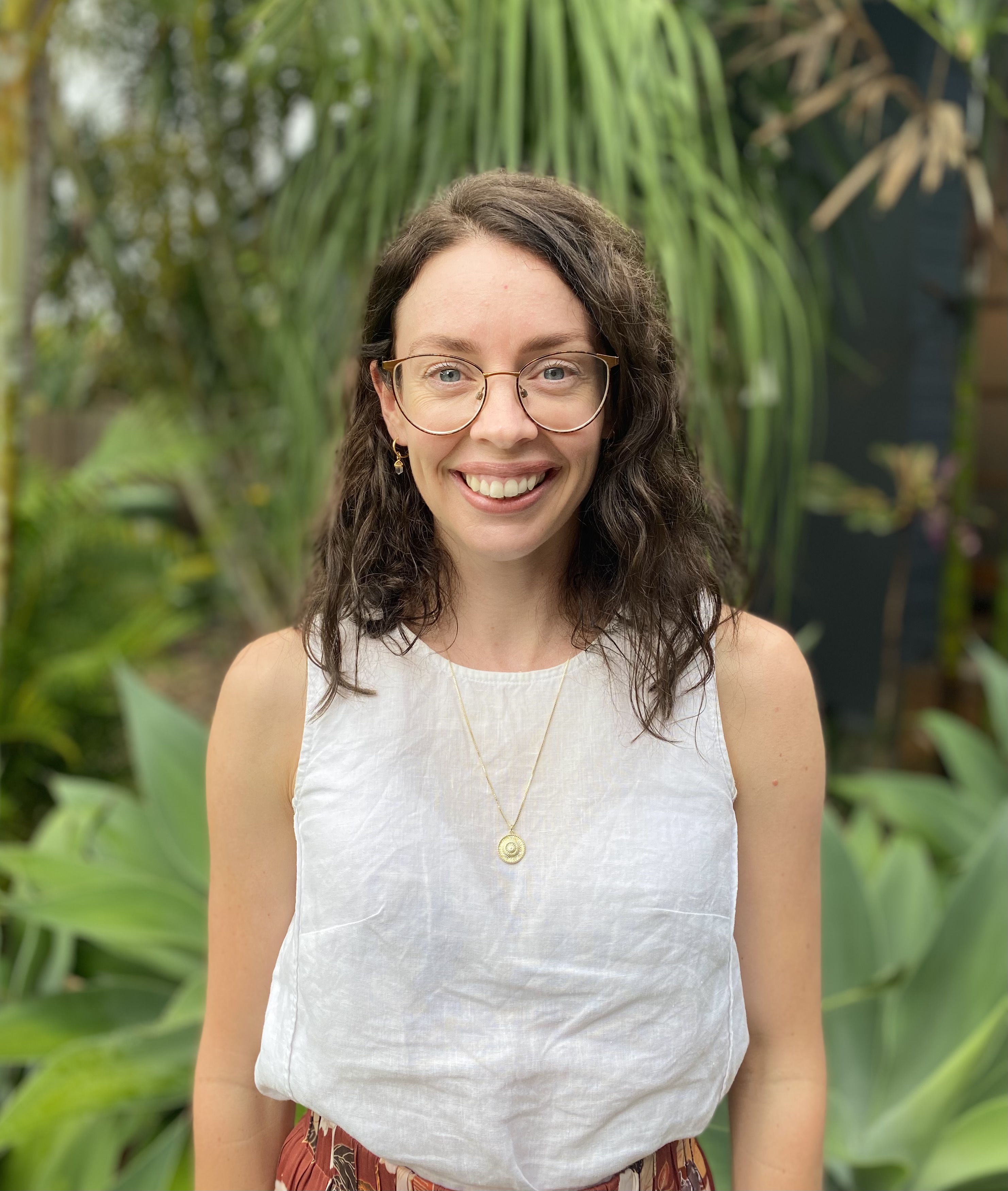 |
Hannah Kennedy
Hannah Kennedy is a Senior Occupational Therapist at the Interdisciplinary Persistent Pain Centre on the sunny Gold Coast. Hannah’s focus on pain education and empowering people with pain to develop useful self management strategies, lead to her researching the use of the ‘Protectometer’ tool through a Masters of Medical Research at Griffith University, under the supervision of Prof Michel Coppieters and Dr Daniel Harvie. Her research explores the types of DIMs (danger in me) and SIMs (safety in me) experienced by young people and adults with pain, through a biopsychosocial framework. |
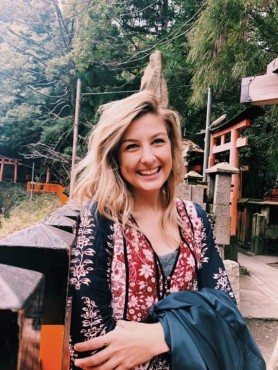 |
Chelsea Marsh
Chelsea Marsh is PhD Candidate and Research Assistant at The Hopkins Centre, Griffith University. Chelsea's work expertise is in Cognitive and Neuropsychology Psychology and she enjoys learning about the differences between typical and atypical brain function and in what way we can assist those with atypicality in cognitive function, to regain the ability to partake in activities of daily living. Her thesis aims to explore differences in visual sampling and EF between older adult faller and non-faller groups while conducting naturalistic everyday tasks and obstacle-avoidant walking. Inspecting how fall history may coincide with poor EF and specific patterns of eye movements during these everyday tasks could reveal where performance either suffers, fails, or reflects successful behaviour. It can further reveal if EFs necessary to guide successful behaviour are sufficient in their capacity when task complexity increases along with attentional demand. Chelsea is also a vital member of the NHMRC DIAMOND project, that explores the sensitivity of the Attention Atlas (AA), a virtual reality assessment paradigm, to detect visuospatial neglect following acquired brain injury. To date, the results are promising and it appears the AA is more sensitive to detecting neglect and neglect sub-types over and above traditional methods of assessment like pen-and-paper.
|
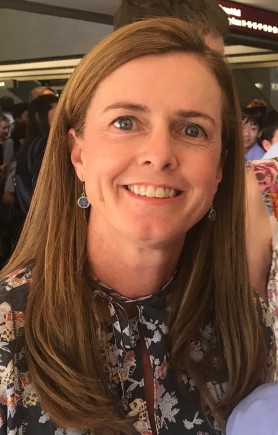 |
Louise Bassingthwaighte
Louise Bassingthwaighte is a highly accomplished occupational therapy clinical researcher and lecturer who is passionate about understanding the influence of independent driving on community access and participation, the efficacy of interventions in achieving fitness to return to driving and screening measures to identify who may benefit from occupational therapy driver assessment. Louise is motivated to progress a research agenda that advances participation and engagement with community-based occupations, including but not limited to medical fitness to drive and the influence this has on the individual's capacity to do, to be, to become and to belong.
|
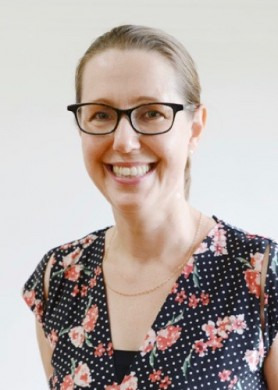 |
Dr Kerrin Watter
Dr Kerrin Watter is the Clinical Lead (Advanced Health Practitioner – Community Rehabilitation) at the Acquired Brain Injury Transitional Rehabilitation Service (ABI TRS, PA Hospital, Brisbane) and is a Speech Pathologist by background. Kerrin has worked across rural, regional and metropolitan health settings and has extensive experience in brain injury rehabilitation. She also has experience in service development, project management and clinical-based research. Kerrin was awarded her PhD from the University of Queensland in 2020, in which she developed an evidence-based intervention for the early rehabilitation of cognitive-communication reading comprehension deficits. At ABI TRS, she has led clinical-research and translation-implementation projects in ABI vocational rehabilitation, supporting the development and delivery of evidence-based frameworks and interventions. Kerrin’s clinical and research interests include supporting service improvement and research in brain injury rehabilitation, including service delivery models, team-based practice, cognitive communication, motor speech disorders and vocational rehabilitation, plus supporting new clinician-researchers in practice. Kerrin is an adjunct research fellow with Griffith University (Menzies Institute), Queensland.
|


